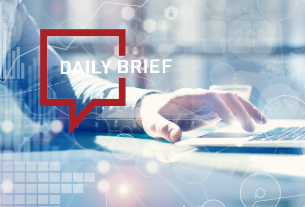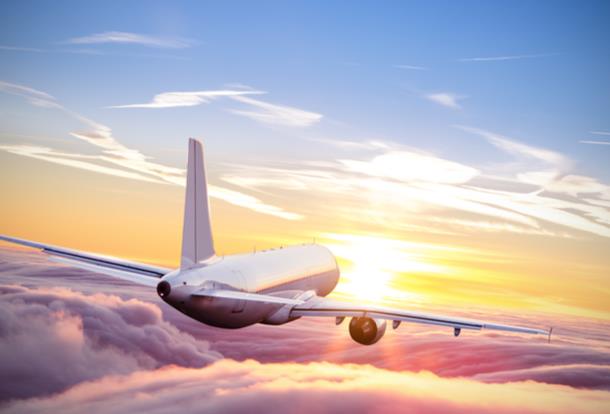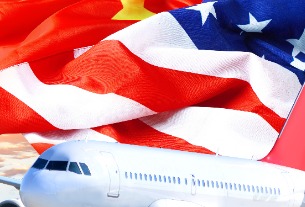The Southlake company Sabre Holdings was taken private in early 2007, near the top of the market, and was saddled with almost $4 billion in debt — only to see the travel industry crater as the economy fell apart.
Sabre has been slashing costs and shipping work to Poland and India. It’s pushing hard to keep revenue flat, but with big interest payments and a goodwill write-down, it reported an operating loss of $100 million last year, the first since the terrorist attacks in 2001.
Sabre could use a big revenue boost, and longtime friend and family American Airlines seemed an ideal benefactor. Parent AMR Corp. wanted a new computer system that could be worth hundreds of millions of dollars, and Sabre had the inside track.
Sabre created American’s current system, and it started 50 years ago as a technology unit inside the airline. But the contract for the next-generation model was awarded to Hewlett-Packard last week, and Sabre failed to make the final cut.
"AMR and Sabre are so intertwined that it’s hard to imagine one without the other," analyst Henry Harteveldt wrote on his technology blog for Forrester Research.
American and Sabre have been moving in separate ways for more than a decade. In 2000, Sabre was spun off as an independent company, in part because executives believed it would be easier to win tech business from other airlines.
But the split cuts two ways, and American gets to play the field, too. It deserves credit for branching out in what Harteveldt called a smart, gutsy move.
American went to lengths to say this wasn’t a corporate breakup, even naming Sabre in its news release on the H-P award. The airline said it remained "a committed customer of Sabre," and an executive said American was likely to spend more with Sabre over the long term.
"American appreciates and values its long-standing relationship with Sabre," the release said.
American has been studying this upgrade for more than two years and says it chose H-P after looking at every potential bidder and 15 airlines. It wanted a tech pioneer that would develop a custom system from the ground up. Cost had to be a major factor in the decision, because that issue dominates the airline industry, and H-P had more at stake than any other vendor.
H-P is trying to get a payoff from its acquisition of Electronic Data Systems, which already handles the heavy data processing for American’s passenger system. EDS bought that business from Sabre in the early part of the decade, and the American win gives H-P instant credibility when it pitches to other airlines.
H-P will build the new system in modules that can be rolled out sequentially, which should smooth the transition and stretch out the payments. Eventually it will deal with reservations, baggage, scheduling, pricing and revenue management.
Harteveldt says the system is the technology equivalent of a simultaneous brain and heart transplant. And he praised AMR for attempting a complete overhaul, rather than incremental improvements.
For Sabre, the lost contract is a blow to its ego and reputation, and it’s a lost opportunity for the bottom line. Most of American’s spending on the current system already goes to H-P, through the EDS connection. Sabre maintains and upgrades the antiquated system, and that money stream will dry up in the next several years.
But Sabre provides about 20 other tech programs to AMR, which help manage airport gates, staffing levels, food service and more. And it’s bidding for a contract to remake the flight operations system at American.
It no longer has public shares since being taken private by Silver Lake and TPG, but its debt is traded by investors. In March, Sabre bonds were trading at less than 40 cents on the dollar, and the company took the unusual step of holding a conference call and releasing 2008 financial results. The bonds have strengthened, along with the economy. The 2011 bonds traded at more than 90 cents for most of August, and the notes due in 2016 trade at about 74 cents.
Standard & Poor’s still has a negative rating because revenue and cash flow have been lower than expected, and the large debt load looms. Last year, Sabre paid $281 million in interest, compared with $68 million in 2006, before it went private.
Over the same period, revenue grew less than 2 percent, to $2.88 billion. Given the economy, even small growth is impressive, but S&P expects a significant decline in travel this year and only modest improvement in 2010.
Losing the American deal doesn’t change the credit outlook, though.
"If American was backing out of the GDS system, that would be a big concern," said S&P analyst Betsy Snyder in New York. "Obviously, it’s a negative to not get the contract, but this is not the most important part of Sabre’s business."
Sabre gets most of its revenue from a global distribution system, or GDS, for travel agencies and from its Web site, Travelocity. But its airline solutions business won more than $400 million in new contracts in 2008, including deals with WestJet and airlines in Vietnam and Saudi Arabia. In February, it signed a contract with JetBlue.
Those are good wins, but nothing like the prestige and money in the American deal. If there’s a price for escaping your parent’s shadow, Sabre is paying in full.




